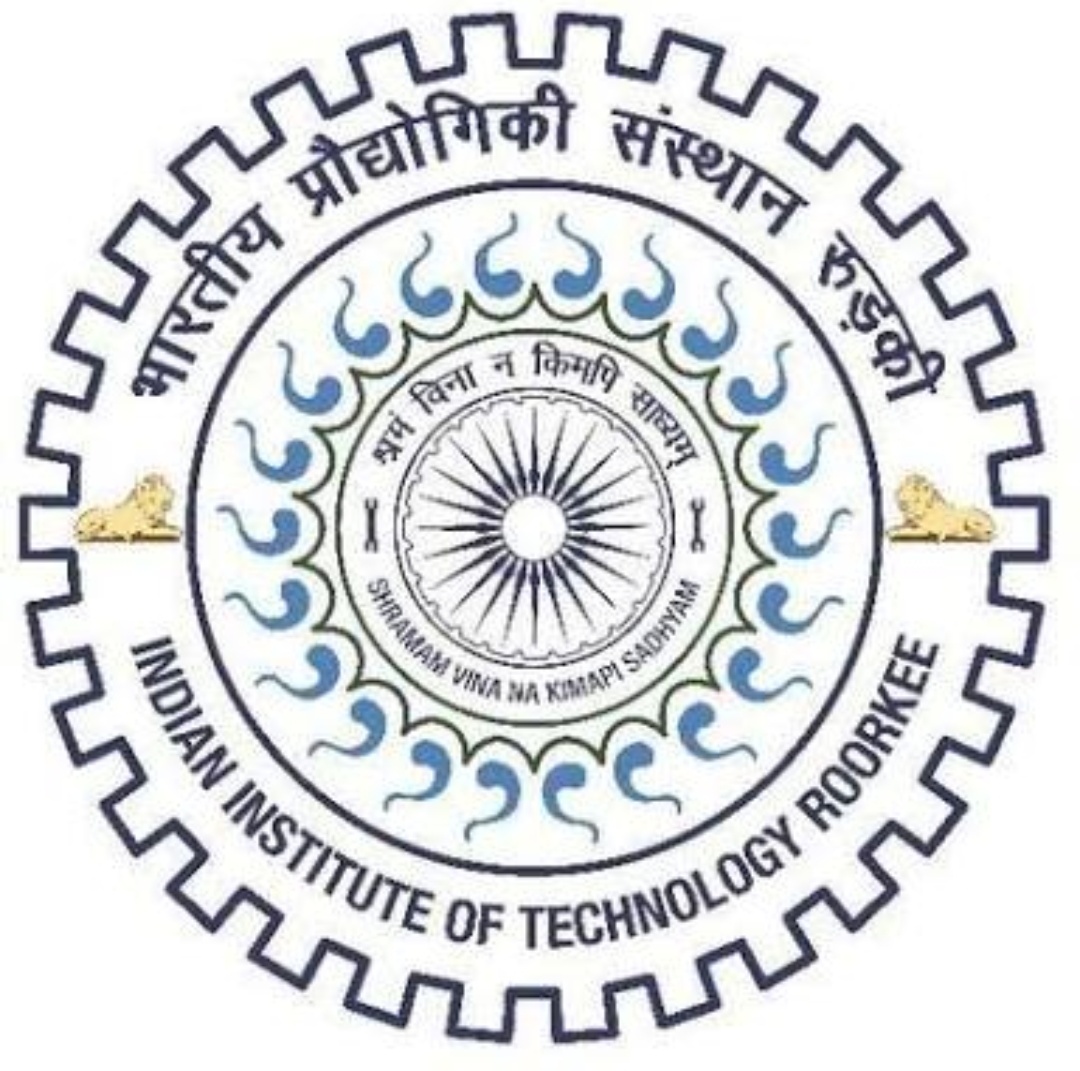IIT- Roorkee researchers found something new about protein, and that is it could potentially help in treating Sepsis and other inflammatory diseases caused by abnormal functioning of immune cells.
“Abnormal functions of immune cells are associated with many pathological conditions such as severe sepsis (blood infection) and other inflammatory diseases. During sepsis, an uncontrolled infection leads to abnormal activation and localization of important immune cells such as neutrophils and macrophages,” Dr. Pranita P Sarangi, Assistant Professor, Department of Biotechnology, IIT Roorkee, who is also the lead researcher, said while elaborating the importance of this work.
This work titled “Cell adhesion protein Fibulin-7 and its C-terminal fragment negatively regulate monocyte and macrophage migration and functions in vitro and in vivo”, was recently published in the official journal of the Federation of American Societies for Experimental Biology (FASEB journal) and was also presented at the international conferences organized by Indian Immunology Society (Immunocon-2017) and American Association of Immunologists (Immunology 2017)
“While exiting the blood vessel and further travelling through the tissue spaces, activated WBCs interact with extracellular matrix proteins such as collagen, fibronectin etc. The Immune cells bind to such proteins via their surface receptor molecules called as integrins.
“These cell matrix communication through integrin receptors not only provide support for migration but also modulate various functions of the immune cells. Recently, therapeutics targeting integrins and associated molecules have been approved for clinical trials in many diseases such as cancers (e.g. RGD peptide).”
The research team consisted of Dr. Sarangi, Dr. Kiran Ambatipudi, Ms. Papiya Chakraborty and Mr. Shiba Prasad Dash from the Department of Biotechnology, IIT Roorkee, while Dr. Yoshihiko Yamada’s team from National Institutes of Health, USA.
This research work was funded by faculty Initiation grant from IIT Roorkee and young scientist research grant from the Department of Science and Technology, Government of India to Dr. Sarangi, while Dr. Yamada was funded through intramural grant from National Institutes of Health, USA.

